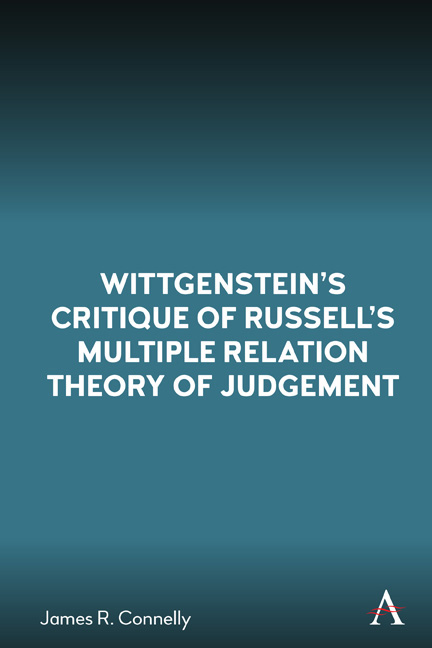1 - Historical and Philosophical Background
Published online by Cambridge University Press: 06 April 2021
Summary
Neo-Hegelian Origins
In his Autobiography, Russell recalls a ‘cold, bright day’ early in the spring of 1895 when, while walking through the Tiergarten in Berlin and making plans for future work, he was struck by a philosophical vision. His vision is as remarkable, perhaps, for its prescience as for its sheer scope, profundity and ambition:
I thought that I would write one series of books on the philosophy of the sciences from pure mathematics to physiology, and another series of books on social questions. I hoped that the two series might ultimately meet in a synthesis at once both scientific and practical. My scheme was largely inspired by Hegelian ideas. Nevertheless, I have to some extent followed it in later years, as much at any rate as could have been expected. (ABR vol. i, 125)
Russell would go on to pursue the first (scientific) strain of this ‘Tiergarten programme’ (Griffin 1991, 80) in the context of an ‘idealist apprenticeship’ (Griffin 1991) undertaken over the next several years. As a budding neo-Hegelian, more specifically, Russell set out to construct what he called a ‘dialectic of the sciences’ (80; MPD, 42–44). He initially developed this ‘dialectic of the sciences’ in his first book, An Essay on the Foundations of Geometry, before then pursuing it in the realm of physics (MPD, 41) and, ultimately, pure mathematics (Griffin 1991, 191). In the realm of pure mathematics, Russell would eventually come to defend the view, associated with his Principles of Mathematics (1903) and (co-authored with A. N. Whitehead) Principia Mathematica (1910–13), that the fundamental principles and concepts of mathematics are logical in nature (Griffin 2003, 105; cf. PoM, 1; MPD, 74). Though it eventually emerged out of these earlier, neo-Hegelian researches into pure mathematics, he appears not to have arrived at this view, known as ‘logicism’, until the second half of the year 1900 (Griffin 2003, 105).
By this time, Russell had already abandoned neo-Hegelianism in favour of an extreme brand of pluralist and Platonist realism. Appreciating how precisely this transition came about by late 1898 is important for understanding why, in 1913, Russell found Wittgenstein's criticisms of his MRTJ so devastating.
- Type
- Chapter
- Information
- Publisher: Anthem PressPrint publication year: 2021



